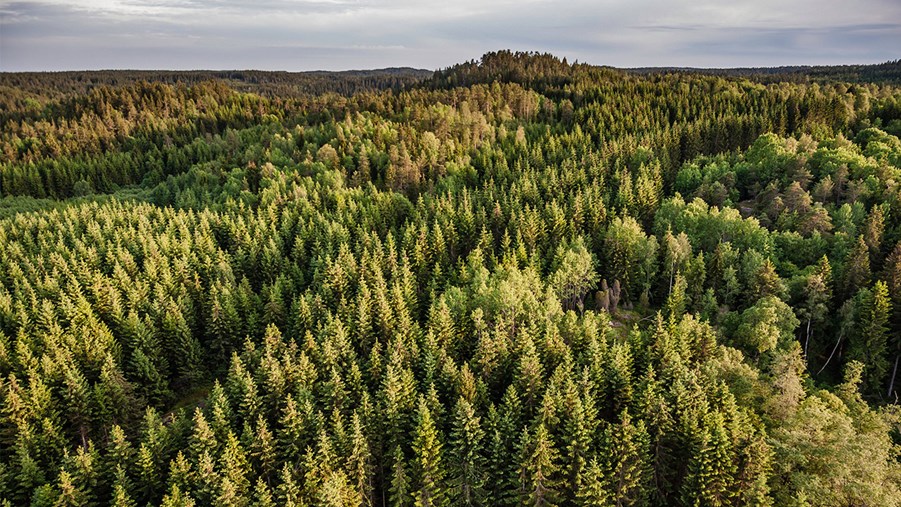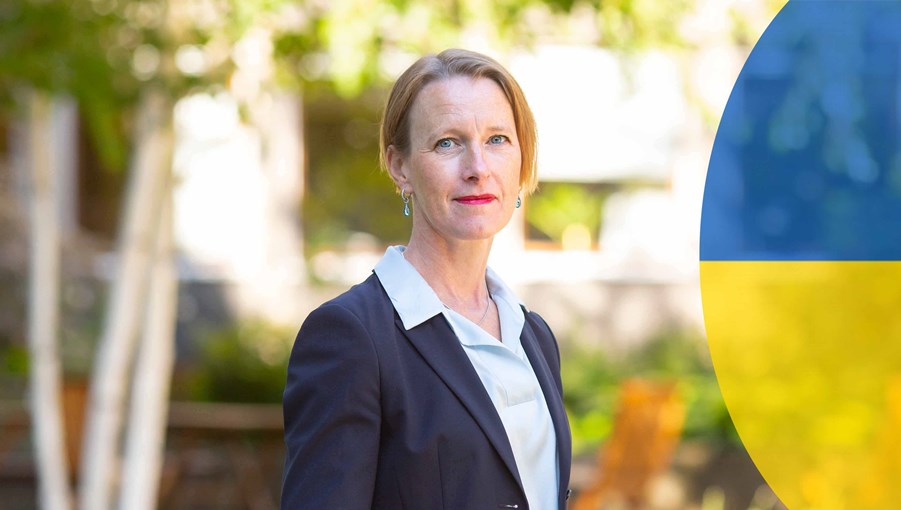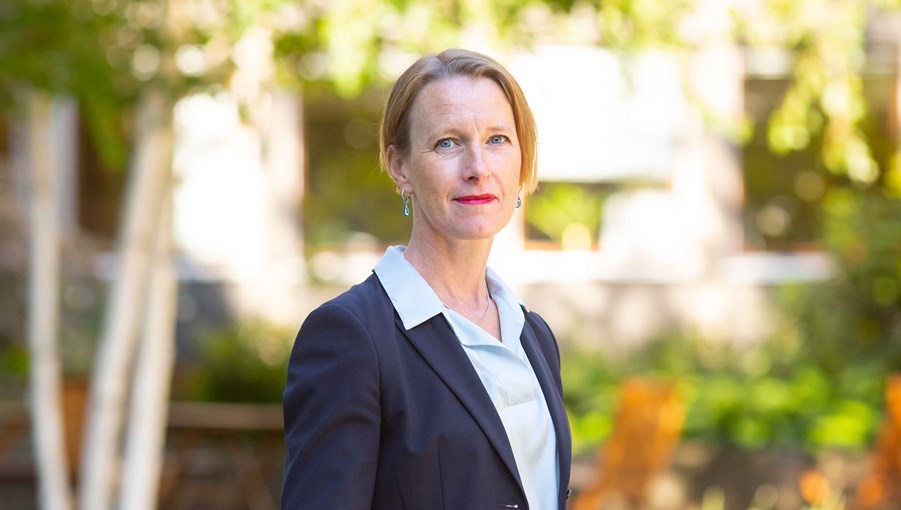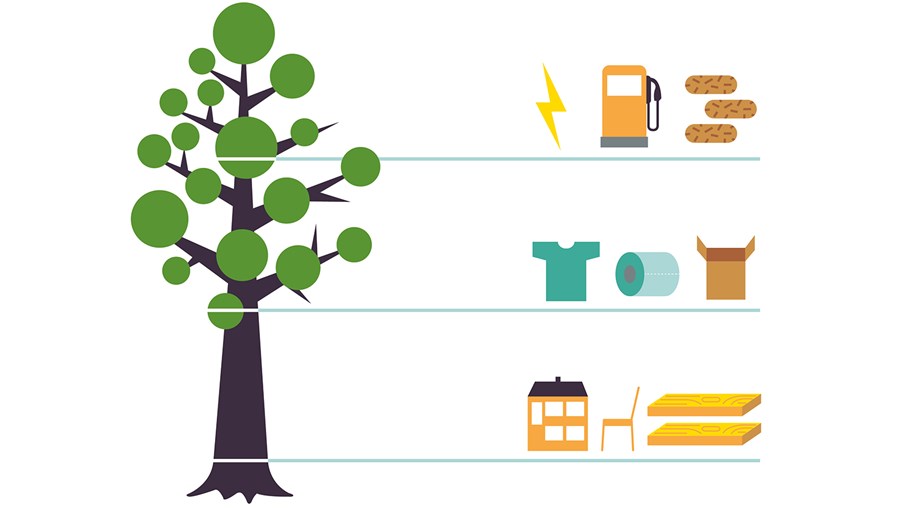
Higher costs for energy make production more expensive for the whole forest-based industry, throughout the value chain, from forest to end consumer. In May 2022, the European Commission is expected to propose a REPowerEU Plan, with the aim to reduce energy dependency and secure access to fossil-free energy sources. What role the Commission will ascribe to bioenergy remains to be seen.
"The war in Ukraine and the energy crisis make the green transition to a fossil-free bioeconomy even more urgent, which is a core issue for the Swedish Forest Industries. Forest-based products, like those used for construction, packaging, textiles and energy, can replace fossil-based alternatives. However, legislative proposals presently being negotiated risk reducing the use of raw materials from forests, not least in the proposed revision of the Renewable Energy Directive (RED) and the LULUCF Regulation. Instead, the role of the forest as a carbon sink is emphasized," says Johan Bruce, Energy Director at the Swedish Forest Industries.
Bioenergy is important to Swedish heat supply
The forest-based industry is Sweden's largest consumer and supplier of bioenergy. Significant amounts of bioenergy are sold for external use. In many places in Sweden, surplus heat from the forest-based industry is used in the municipalities’ heating infrastructure. In addition, large quantities of bark, wood chips, shavings, pellets, and other residual products are delivered to energy companies, industries, and households to produce heat, electricity, and biofuels.
"In the same way that bioenergy has reduced Sweden's need for oil and gas, other countries within the EU could make a similar journey. And biofuels could also reduce the need for fossil fuels. It would therefore be unfortunate to limit the possibilities of using forest-based bioenergy in the ongoing revision of the RED, says Mårten Larsson," Bioenergy Director at the Swedish Forest Industries.
Record high energy prices
Even before the Russian invasion of Ukraine, electricity prices were high in Europe. The European Central Bank estimated that electricity price shocks would reduce GDP growth by 0.5 percentage points in 2022. Now the outlook is even worse, which clearly risks damaging industry competitiveness.
Diversified supply, energy savings and increased production of renewable green energy are measures proposed in the recently published REPowerEU Communication. However, forest-based bioenergy does not play a vital role.
"In the continued work on energy policy, not least with the REPowerEU Plan due in May, we would welcome a different stance from the European Commission. It must now be clear to everyone that forest-based bioenergy and sustainable forest management play a significant role in the climate transition, and in securing energy supply in a troubled world," says Johan Bruce.






